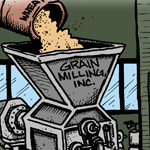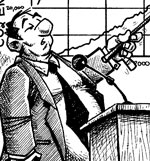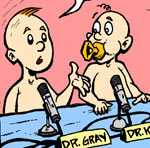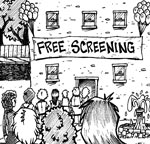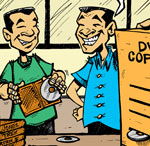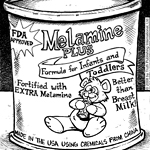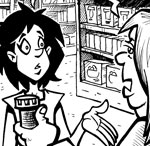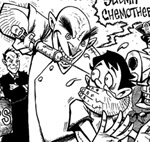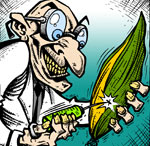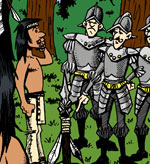Vitamin E and Hot Flashes - The Role of Vitamin E in Controlling the Single Most Common Symptom of Menopause.
| Share on Facebook | Share on Twitter | Share on Google+ |
Dr. Susan Lark, an internationally acclaimed expert in women's health, claims that she started having hot flashes the moment she signed the contract to write her Hormone Book. Forced to find her own cure as she wrote the authoritative guide for other women, Dr. Lark noted that vitamin E helped control the sudden surge of heat she would feel at odd hours of the night and day. Vitamin E, however, was not the only remedy.
The Hormone Book tells us that Dr. Lark also found relief by taking calcium (1,200 mg a day, in three separate doses), vitamin D (400 IU a day), and black cohosh (the herb), along with eating up a cup of soy foods each and every day. But can vitamin E control hot flashes all by itself?
It certainly can.
Taking a combination of 400 IU of alpha-tocopherol with 400 milligrams of vitamin tocotrienols every day is an important part of controlling hot flashes. A study of healthy women in menopause conducted in Iran found that taking this dosage of vitamin E every day for 4 weeks reduced the average frequency of hot flashes from five a day to three, and also made them less severe. Women who have hot flashes after treatment for cancer also get relief, although not as much.
Hormone replacement therapy, as many women find out, sometimes does stop hot flashes completely. The problem is estrogen replacement increases the risk of breast cancer, stroke, blood clots, and uterine cancer, and it can't be used by women who have had any of these conditions or fibroids, fibrocystic breast disease, liver disease, cervical dysplasia, or undiagnosed vaginal bleeding. Since estrogen is extracted from horse urine, women who are allergic to horses may have adverse reactions to hormone replacement therapy.
And hormone replacement therapy is always something that should be given in the lowest possible dose for the shortest possible time.
That's why a strategy involving vitamin E, vitamin D, calcium, magnesium to balance the calcium (something Dr. Lark would now recommend), plus herbs like black cohosh works best for most women. It requires taking multiple remedies instead of just estrogen replacement, but it's safer and nearly as effective.
Selected Reference:
Ziaei S, Kazemnejad A, Zareai M. The effect of vitamin E on hot flashes in menopausal women. Gynecol Obstet Invest. 2007;64(4):204-7. Epub 2007 Jul 30.
-
Skin CareMen Skin Care
-
Free ResourcesFree eBooks
-
Half the costs of illness are wasted on conditions that could be prevented.Dr. Joseph Pizzorno
-
Featured Health SupplementTotal Balance is like no other
 … in that it utilizes state of the art delivery systems not generally used in a supplement...
… in that it utilizes state of the art delivery systems not generally used in a supplement...
-
